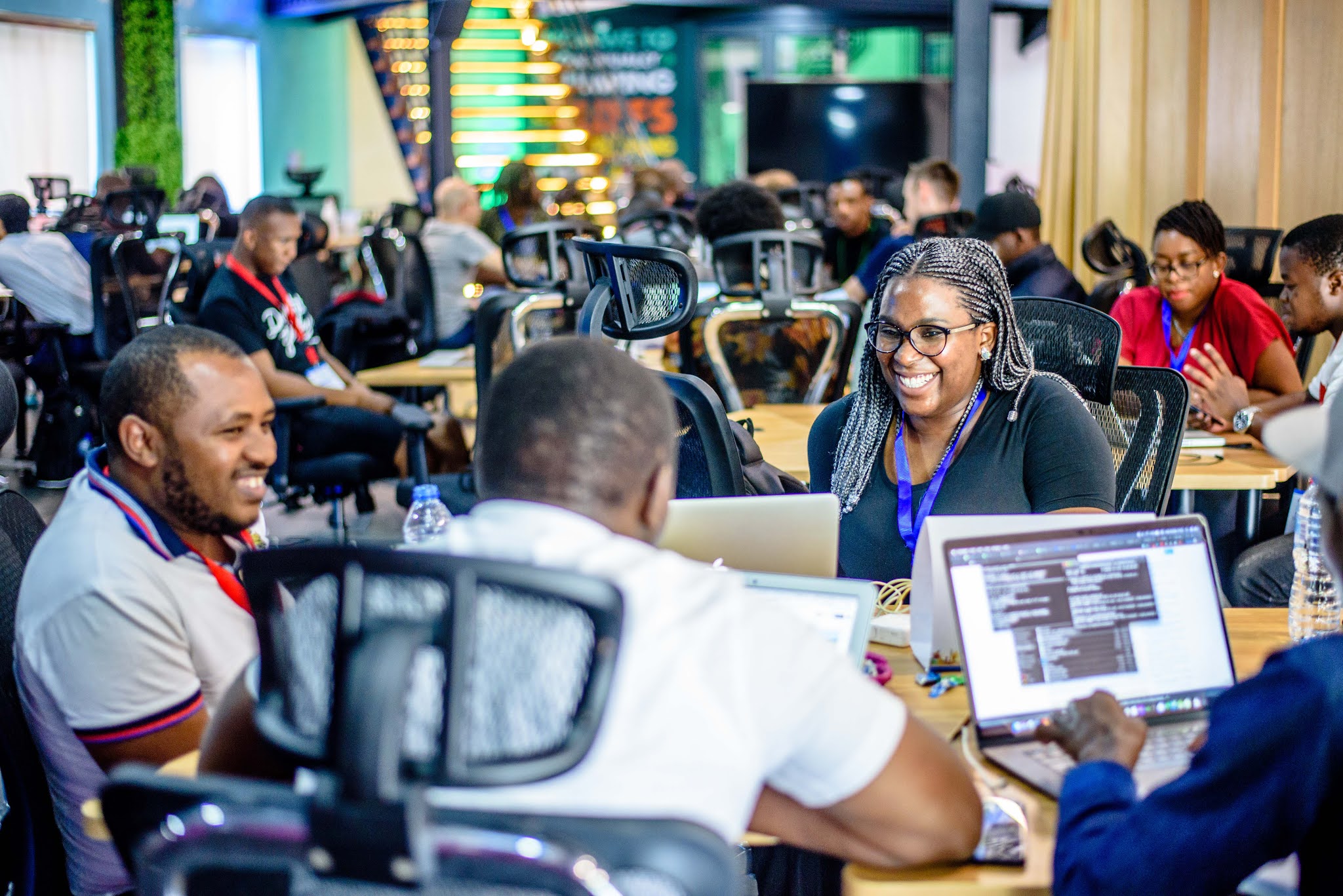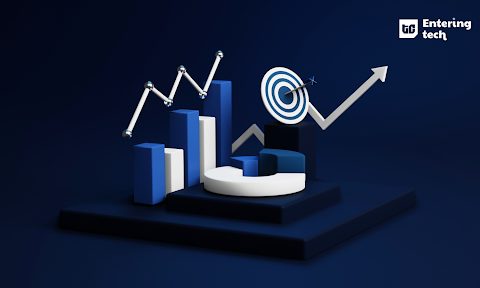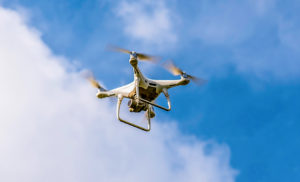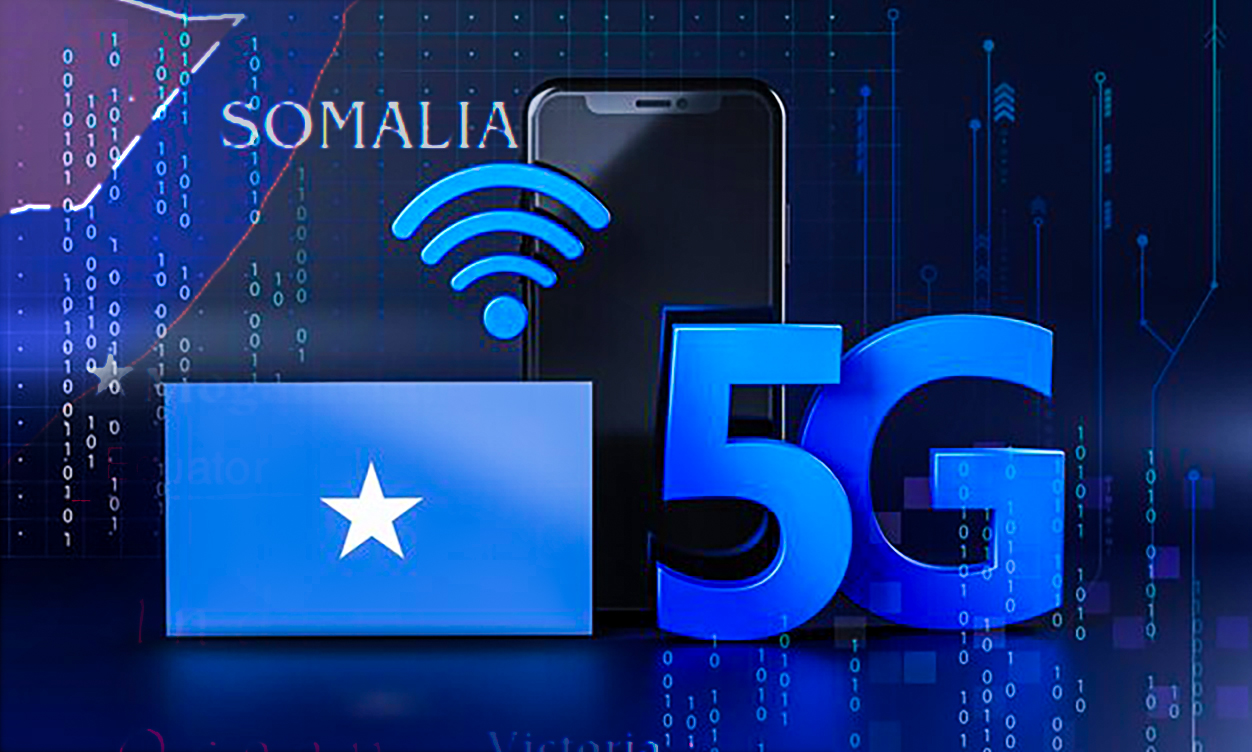Professional investors are projecting rapid growth in the value of Africa’s digital economy, riding on strong adoption of smartphones and COVID-19-induced transformation of the retail space.
This article was contributed to TechCabal by Seth Onyango/bird story agency
Africa’s internet economy is forecast to balloon 56% to $180 billion in gross merchandise value by 2025 as paperless retail transactions on the continent continue to rise in the post-pandemic era.
Blockchain-based mobile network operator, World Mobile figures show Nigeria, Kenya, South Africa and Egypt will fuel the continent’s mobile commerce boom.
According to World Mobile chief executive officer Micky Watkins, professional investors see the opportunities in the sector and expect the mobile phone to drive growth.
“Affordability is central to the increasing adoption of mobile phones but none of it is achievable without connectivity,” he said at the launch of the report.
Professional investors polled believe healthcare is the sector that will see the most benefit from increased connectivity.
Around 53% highlighted the opportunities for healthcare, ahead of e-commerce (42%), and media and entertainment (40%).
In the period under review, there will be significant growth of smartphone penetration in Africa and simultaneous growth in digital retail transactions.
World Mobile’s report shows there will be around 120 million new mobile subscribers by 2025 on the continent, taking the total to 615 million, up from 495 million in 2020.
“But that’s just subscriptions. The more useful number for this analysis is mobile internet connectivity. Overall, connectivity has increased sharply across Africa in recent years – though the speed of connection varies greatly from country to country,” said the report in part.
“In the more advanced regions, the majority of those connections are on 3G. For example, GSMA Intelligence data for 2020 shows 61% of mobile internet users in Nigeria are on 3G, and 57 per cent of those in Egypt.”
Speaking at the launch of the research paper, Mike Short, chief scientific adviser to Britain’s Department of International Trade (DIT), stated that Africa is a “mobile-first continent” in every aspect.
“Our report triggers a much-needed discussion on how to advance the mobile commerce revolution in Africa, which will in the long-term lead to mutually beneficial digital trade between the continent and its trading partners, including the UK,” he said.
Also fuelling the growth of Africa’s digital economy is the proliferation of entry-level internet-enabled handsets that cost $28 or less.
The growth of the internet economy also comes amid the rapid adoption of mobile money systems on the continent.
Approximately 144 mobile money providers operate in Africa, with two companies such as M-Pesa, MoMo and Orange Money accounting for a significant share of the market.
M-Pesa, managed by Vodafone and Safaricom and operating in 7 countries, has seen significant growth in recent years. The service attracted an additional 12 million users from 2017 to 2020, reaching 41.5 million users by 2020, according to Statista.
M-Pesa users made 12.2 billion transactions in 2020, generating $784 million in revenue for parent company Safaricom. MoMo—MTN Group’s mobile money offering—has enjoyed similar growth, reaching 35.1 million active customers in March 2020.
International Monetary Fund (IMF) estimates show Africa has more digital financial services users than any other region in the world, accounting for nearly half of the 700 million individual users globally.
In 2011 the level of financial inclusion in Africa was just over 23% and jumped to almost 43% in 2017, buoyed by the growth of digital financial services. The figure is expected to be much higher today.
Last year, telco operator MTN, signed a partnership deal with Flutterwave to enable businesses in Cameroon, Côte d’Ivoire, Rwanda, Uganda and Zambia to make cash transfers via MTN Mobile Money (MoMo).
This digital move is also primed to plug millions of unbanked people in those countries into mainstream financial services and prop up businesses especially those in remote areas.
Africa is expected to attract billions worth of investments into its data center market on the back of the continent’s growing internet economy.
New figures show Africa and the Middle Eastern data center market recorded $6.55 billion in investments in 2021 and will attract an additional $12.19 billion by 2027, half of which will be spent on the continent.





















